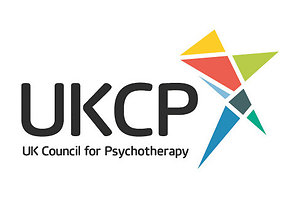Frequently Asked Questions
What sort of commitment do I need to make to therapy?
If we agree to work together, I will ask you to read and sign an informal agreement. This will outline the agreed fee, time, place and frequency of our sessions. Therapy will usually be weekly. Payment terms for cancelled sessions and holiday will be agreed in our contract.
What's the difference between counselling and psychotherapy?
There are many similarities between the two, but I would say that generally counselling may be shorter and very much goal-oriented. Psychotherapy on the other hand tends to be longer-term allowing work at more depth. Psychotherapy leans towards an exploration of deeply-held feelings and patterns of being that influence our understanding of ourselves and others. Exploring early experiences may help us to understand where these feelings originated and where there is potential to change.
What is the process after we first meet?
Our first meeting will allow me to understand your presenting issues and background, and will allow us both to decide whether I'm the right therapist for you. We may know straight away that we will continue or we may agree to assess progress after six weeks.
How much does therapy cost?
I currently charge £60/50min session for individuals, I will always give you good notice of any changes.
What is your cancellation policy
My commitment is to hold the space open for you and be available for you at this time. Your commitment is to attend and pay for each session. If you are unable to attend and you give me good notice (48 hours), I will try to find you another time in the week, but this may not always be possible. Any other cancellations or missed sessions will be charged. I take between around 10 weeks holiday over the year, usually taken at Christmas, Easter, and Summer. I may need to take other days here and there, but I would give you lots of notice. Of course you are not expected to pay for any sessions I cancel or take for holiday.
How long will I need to be in therapy?
I usually work with an open-ended approach, which means that we may not need to establish from the beginning how long we will work together. I can also work with you over a set period of time if you have limited time/resources. Short-term therapy or counselling can also be effective if the objectives are agreed between us. Therapy is a progressive process, allowing the relationship between us to strengthen and unfold. If you decide that you would like to end the therapy, I ask for around four weeks notice, although we can agree this together and work toward that ending together.
How do I know that everything I tell you remains confidential?
All content of our sessions is strictly confidential, though I may share some material from our sessions with my supervisor. I would never disclose your identity. All personal data is stored safely and I adhere to GDPR (General Data Protection Regulation). For more information, please look at my Confidentiality page.

